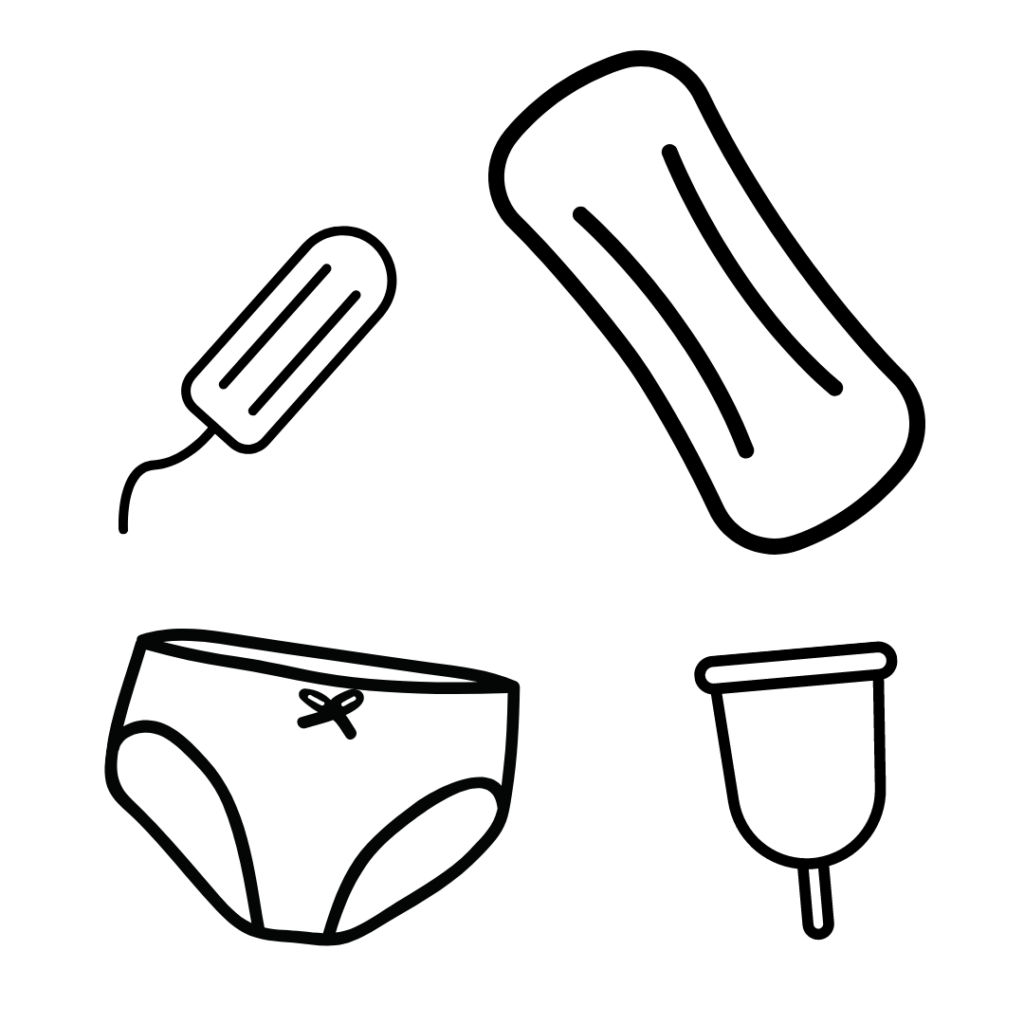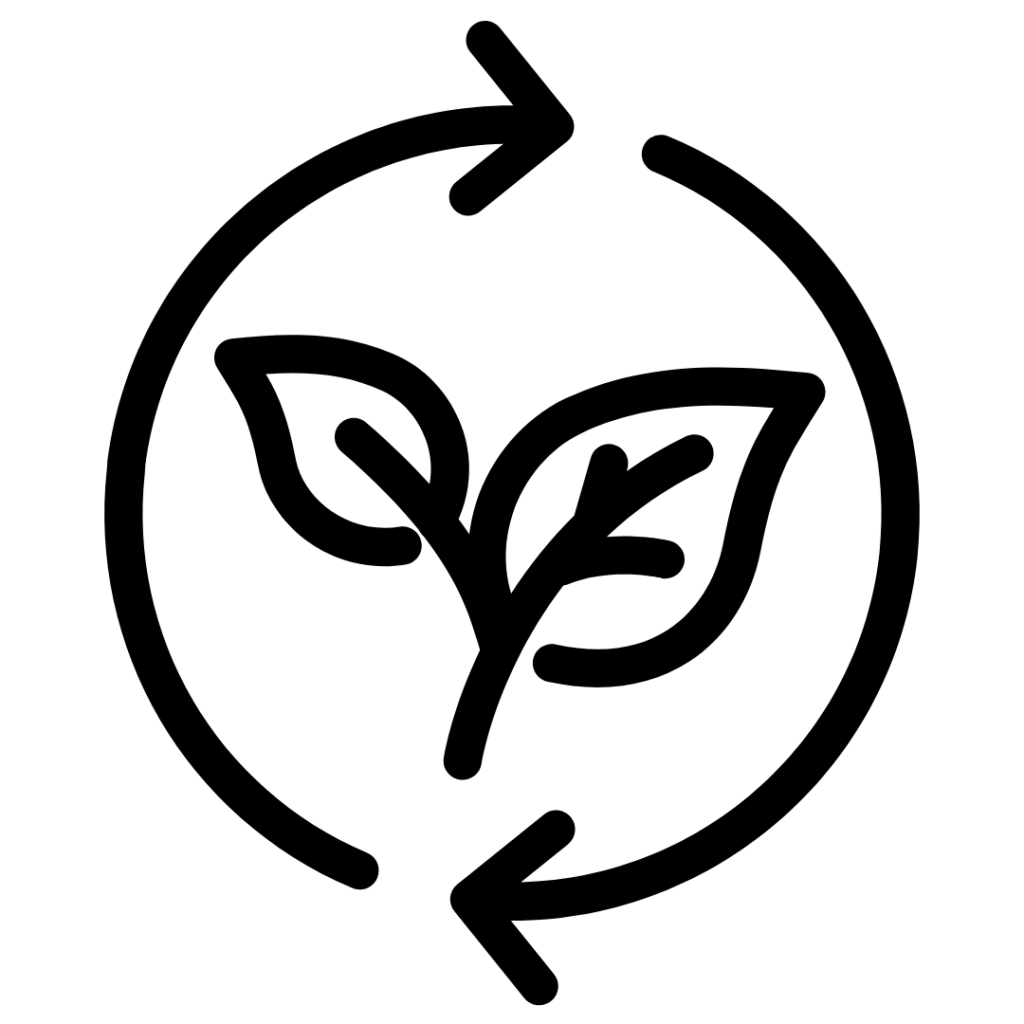
ESSENTIAL
Menstrual products are essential. Being an equality, dignity and health issues, their accessibility is a human right. It is time, in 2022, for institutions to become fully aware of this essential character and to work to limit period poverty, whether at the local, institutional, governmental, provincial or national levels.
EDUCATION FIRST
No program or policy can work without the educational support necessary to accompany the change. The destigmatization and demystification of menstruation must happen through education. This, therefore, concerns the general public, decision-makers, those responsible for implementing policies such as school boards, or even health professionals.


INCLUSIVITY
Remember that not all women have their period and that not all menstruating people are women (trans men, menstruating non-binary and intersex people, gender fluid). Also, all menstruating people have different cycle experiences depending on their age, socioeconomic status, culture, religion, etc. There are many realities and experiences of menstrual poverty, and none of these experiences should be neglected and invisible. If we want to achieve menstrual equity, it is, therefore, essential to address this issue through an intersectional approach by focusing on all menstruating people and bringing them all visibility in the debate: public and communications.
EVERYONE IS CONCERNED
Menstrual poverty is not a “feminine” issue: it is a question of human rights and gender equality, which makes it a subject that society must take up. Men and non-menstruating people must be included in the awareness-raising work implemented to make them allies.


PREFERENCES AND SPECIAL NEEDS
It is essential to ensure that all menstruating people have their basic needs met, and their preferences – whether personal, related to their body specificity, culture or religion – are considered and respected (external or internal menstrual products, disposable or durable). This also concerns other needs related to menstruation, such as painkillers, medical consultations, etc.
LESSONS FROM THE PANDEMIC
The pandemic has brought to light the essentiality of menstrual products and the stress of sacrificing them for other basic needs (food, rent and more). It will also have made it possible to realize that we must be ready to deal with restricted access to products such as quarantine, isolation, rupture of supply chains… This awareness must therefore lead to the implementation of new policies and programs (for instance, accessibility of durable menstrual products).


HEALTH, SUSTAINABILITY & EMPOWERMENT
Our health and the earth’s health are closely linked. It is essential to expand and sustain subsidies for purchasing reusable menstrual products—also support companies that manufacture and market quality products in Canada, 100% Quebec.
In addition, offering reusable products makes it possible to reduce period poverty for several years and make people less dependent on monthly donations and increases their feeling of empowerment.
RESEARCHES ON WOMEN’S HEALTH
Researches pay too little attention to menstruation and women’s health. It is therefore essential to encourage change at this level. Research must be conducted in a comprehensive and intersectional approach so that the data collected and their analyses will allow the implementation of coherent, effective and egalitarian public health policies.


DIALOGUE & COLLABORATION
A collaboration between organizations working for menstruation equity and decision-makers (parliamentarians or ministries) is essential for the implementation of effective policies. Each stakeholder needs to be guided and reassured to give programs the chance to succeed and achieve their objectives.
